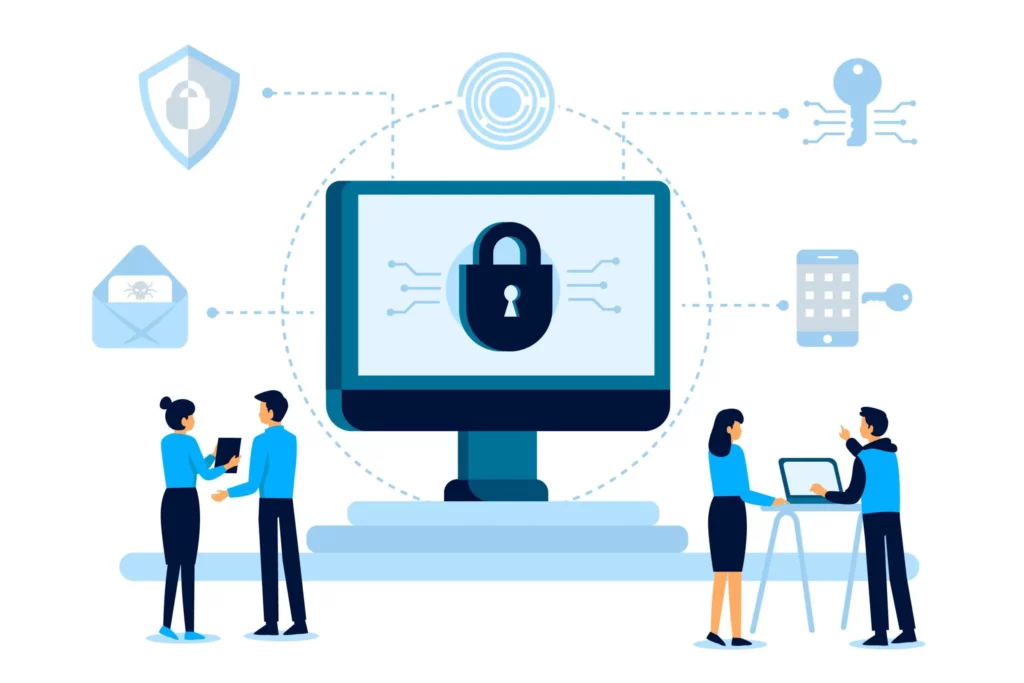
Exam Monitoring and Cheating Prevention in Educational Institutions #
Exam monitoring and cheating prevention refer to the set of measures and strategies employed by educational institutions to ensure the integrity and fairness of examinations. These measures are designed to deter and detect any dishonest practices, such as cheating or unauthorized assistance, during tests and assessments. They aim to create a level playing field for all students and maintain the credibility of the education system.
Frequently Asked Questions (FAQs) #
1- What is exam monitoring, and why is it important? #
Exam monitoring involves the supervision and control of examination environments to prevent cheating. It is crucial to uphold the value of education by ensuring fairness and honesty during exams.
2- How do institutions prevent cheating during exams? #
Institutions use a variety of methods, including invigilators, security measures, and technology like plagiarism detection software to deter and catch cheaters.
3- What are the consequences of cheating during exams? #
Cheating can result in severe penalties, including failing the exam, course, or even expulsion from the institution. It can also have long-term consequences for one’s academic and professional future.
4- Can technology be used to prevent cheating during online exams? #
Yes, technology plays a crucial role in online exam monitoring. It includes webcam proctoring, browser lockdowns, and AI algorithms to detect suspicious behavior.
5- What role do teachers and proctors play in exam monitoring? #
Teachers and proctors are responsible for supervising exams, ensuring a fair testing environment, and reporting any suspicious activities to the institution for further investigation.
6- How can students help in cheating prevention? #
Students can contribute to cheating prevention by reporting any unethical behavior they observe during exams. They should also follow the institution’s code of conduct and avoid cheating themselves.
7- Is there a balance between exam monitoring and students’ privacy? #
Yes, there should be a balance. Institutions must respect students’ privacy while implementing monitoring measures. They should ensure data protection and transparency in their monitoring processes.
8- What are some best practices for ensuring the integrity of examinations? #
Best practices include randomizing exam questions, using multiple-choice and open-ended questions, changing exam formats, and employing secure platforms for online assessments.
9- How can institutions educate students about the importance of academic integrity? #
Institutions can organize awareness campaigns, provide clear guidelines on academic integrity, and offer resources to help students develop good study habits and ethical behavior.
10- What can students do to avoid the temptation to cheat during exams? #
Students can prepare well in advance, seek help from teachers or tutors when needed, manage their time effectively, and practice self-discipline to resist the urge to cheat


